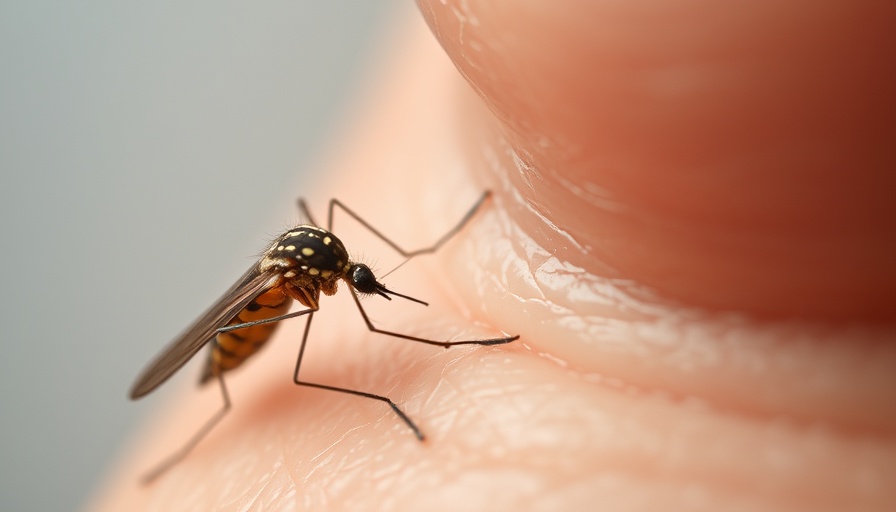
Curiosity Is Key to Healthy Brain Aging
As we age, the desire to learn can play a pivotal role in maintaining cognitive health. A recent study suggests that staying curious, particularly in later life, may help stave off conditions like Alzheimer’s disease. Conducted by researchers at UCLA, this study explored the connection between curiosity and brain health in individuals aged 20 to 84.
The Difference Between Trait and State Curiosity
The researchers differentiated between two types of curiosity: trait curiosity, which is a stable aspect of personality, and state curiosity, which tends to fluctuate based on current interests. The study found that although trait curiosity generally declines with age, state curiosity can actually increase after middle age. This suggests that while we may become less curious about broader topics, specific interests can ignite a desire to learn and explore.
Why Does Curiosity Decline and Then Increase?
During younger adulthood, many individuals are focused on practical knowledge geared toward career success and family life, which may limit their engagement with their curiosity. However, once familial responsibilities lessen, many older adults rediscover their passion for learning, taking up classes, hobbies, or even new trivia. Activities such as bird watching or engaging in community education programs can significantly contribute to enhanced state curiosity.
Changes in Focus as We Age
Alan Castel, a senior researcher involved in the study, emphasized that this transition in focus—as people move from external demands to their personal interests—can be beneficial for their cognitive health. As older adults start investing time in what genuinely fascinates them, it provides mental stimulation, potentially leading to a healthier mind.
The Role of Knowledge in Brain Health
Prior research has drawn links between cognitive engagement and brain health, with curious individuals often experiencing better mental acuity as they age. This provides a motivating factor for older adults to seek out new learning experiences. In further validation of past studies, this recent research supports the notion that curiosity can act as a buffer against cognitive decline.
For those who wish to maintain their mental dexterity, fostering a curious mind can be an empowering choice. Whether it's picking up new hobbies, going back to school, or engaging in community activities, staying curious may be the ticket to a sharp mind.
Contact Us for More Insights
To learn more about how curiosity can contribute to healthy aging and for related health information, contact us for more details. Staying informed is essential for making decisions about your health and brain wellness.
 Add Row
Add Row  Add
Add 




Write A Comment